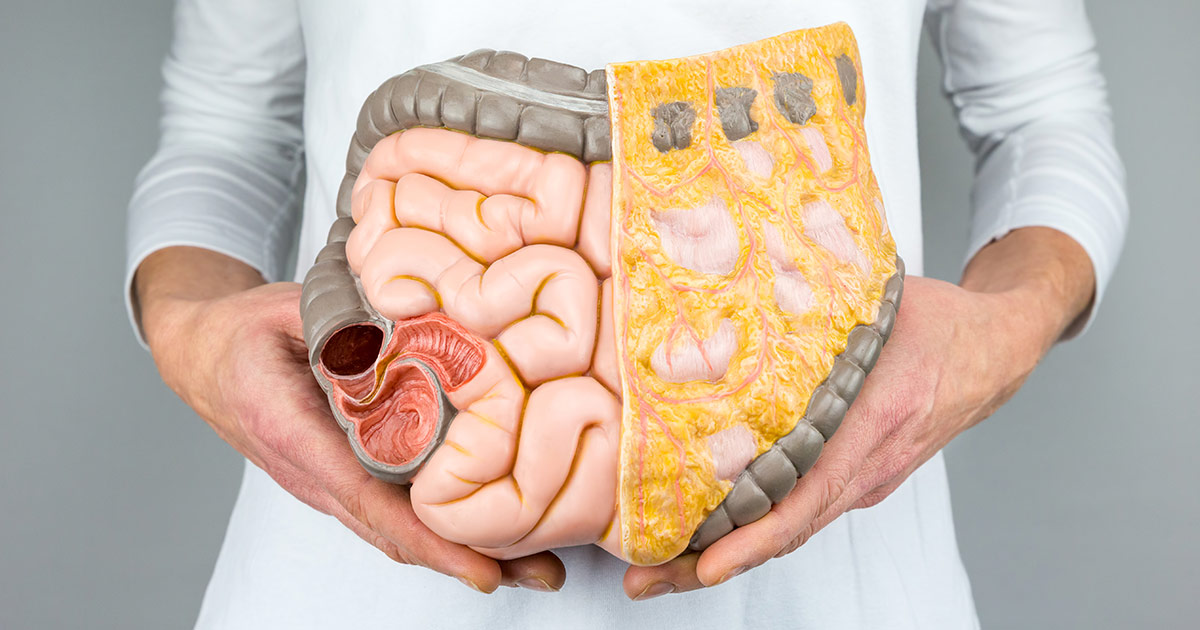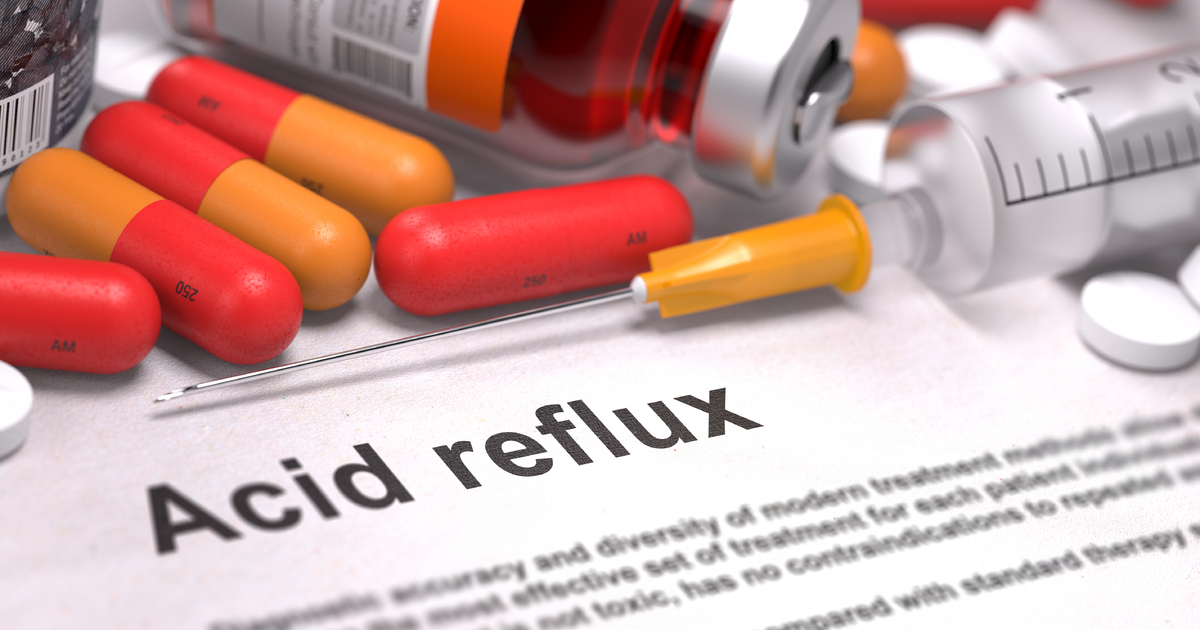Acid Reflux Overview
What Are The Causes Of Acid Reflux?

Acid reflux occurs when the contents of the stomach leak back into the esophagus, and may appear when an individual has trouble swallowing. This occurs when the esophagus does not move stomach juices down to the stomach fast enough. Foods such as citrus fruits, peppermint, tomatoes, raw onions, black pepper, and caffeinated drinks can also cause acid reflux.
Some cases of acid reflux are caused by a hiatal hernia, which occurs when the stomach protrudes into the chest through the diaphragm. This prevents the diaphragm from being able to help the sphincter muscle close at the bottom of the esophagus.
Get to know more about what can increase an individual's risk of developing acid reflux now.
What Contributes To Acid Reflux? Who Is At Risk?

Risk factors linked to acid reflux include obesity, asthma, peptic ulcers, hernias, diabetes and pregnancy. Some of these are unavoidable, however, there are many other risk factors that can be avoided. Some other risk factors that affect the sphincter muscle and cause bouts of acid reflux include smoking, the consumption of alcohol, poor posture, eating too close to bedtime, bending over or laying down after a heavy meal, and medications such as birth control and blood pressure medications.
With the symptoms, causes, and risk factors of acid reflux now under your belt, continue reading to find out how it is diagnosed.
